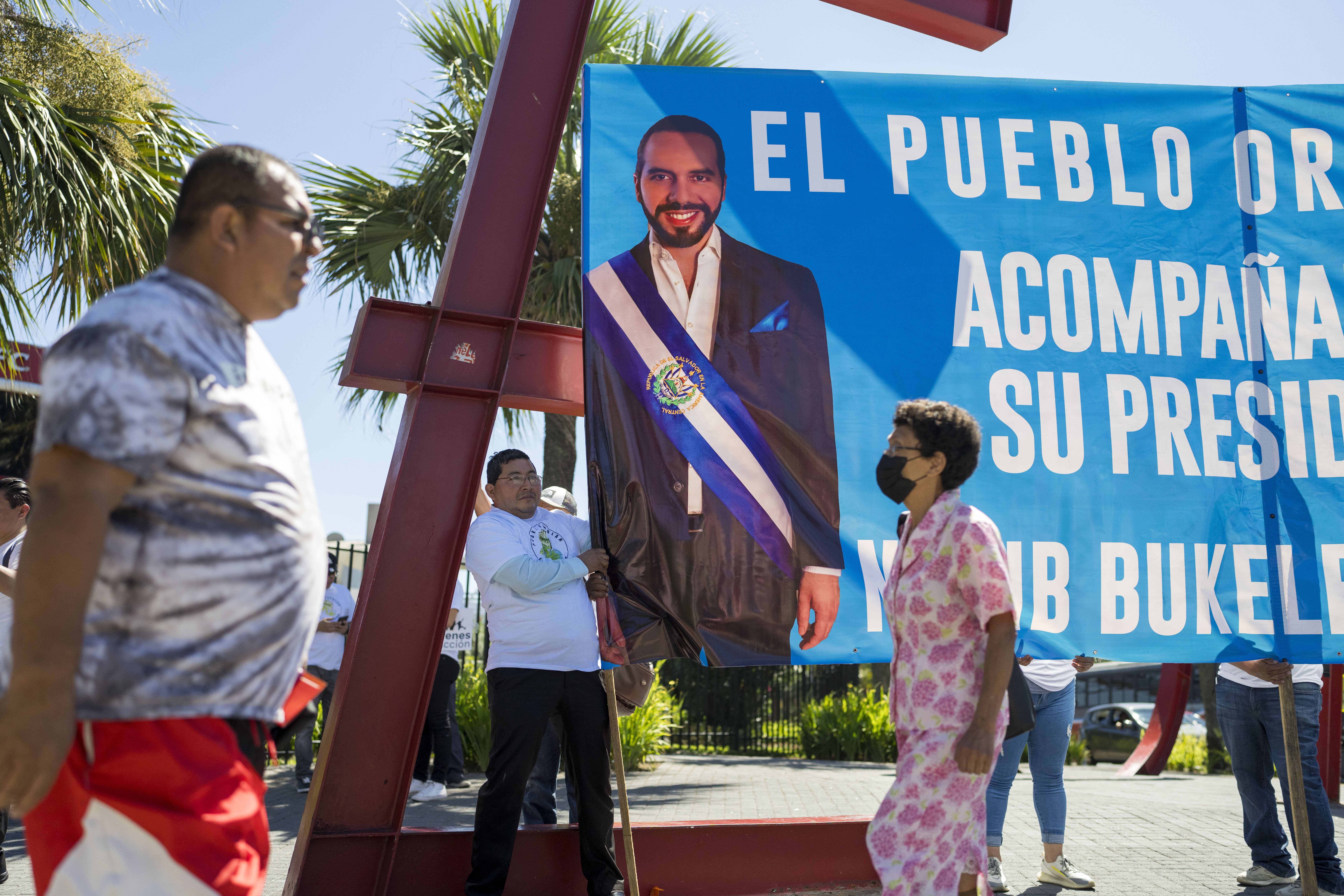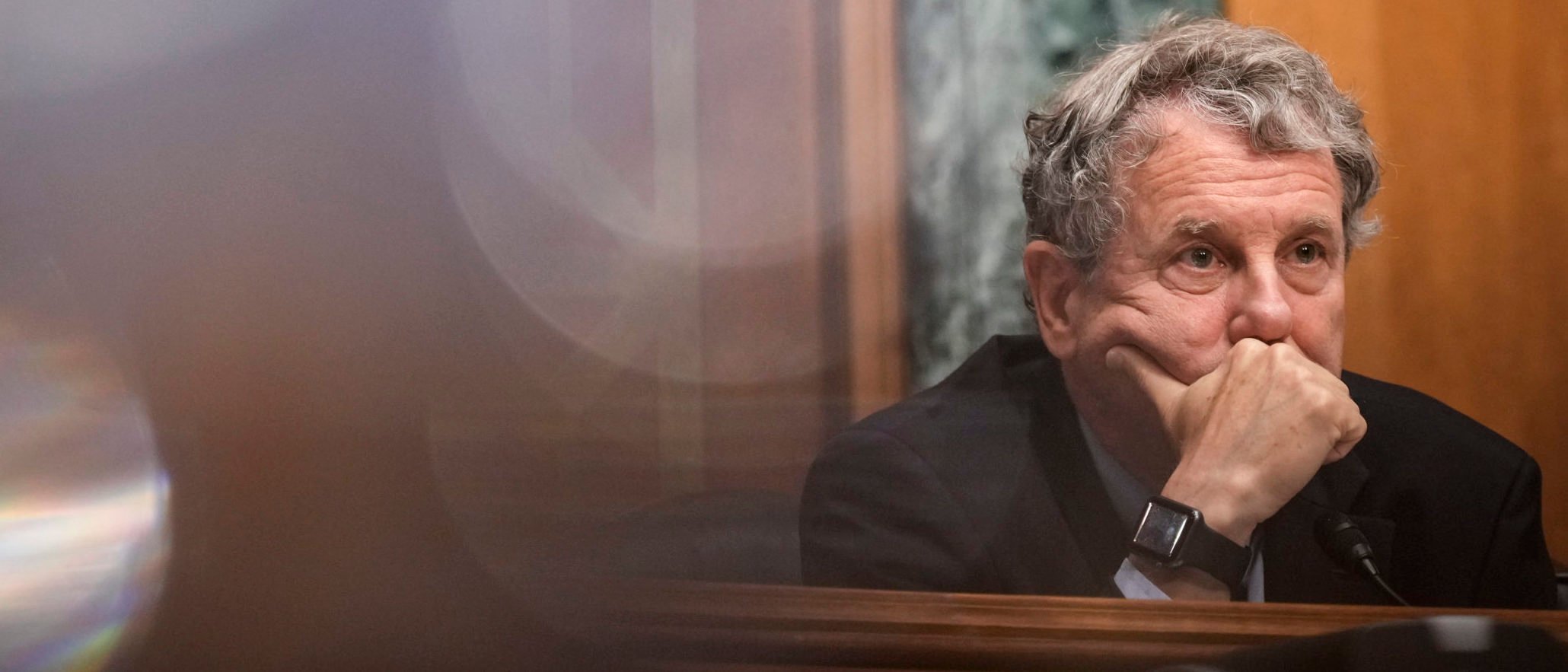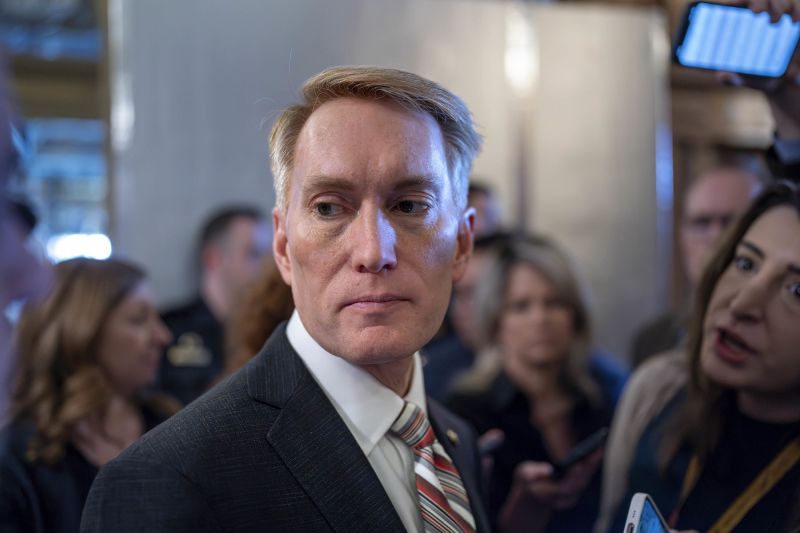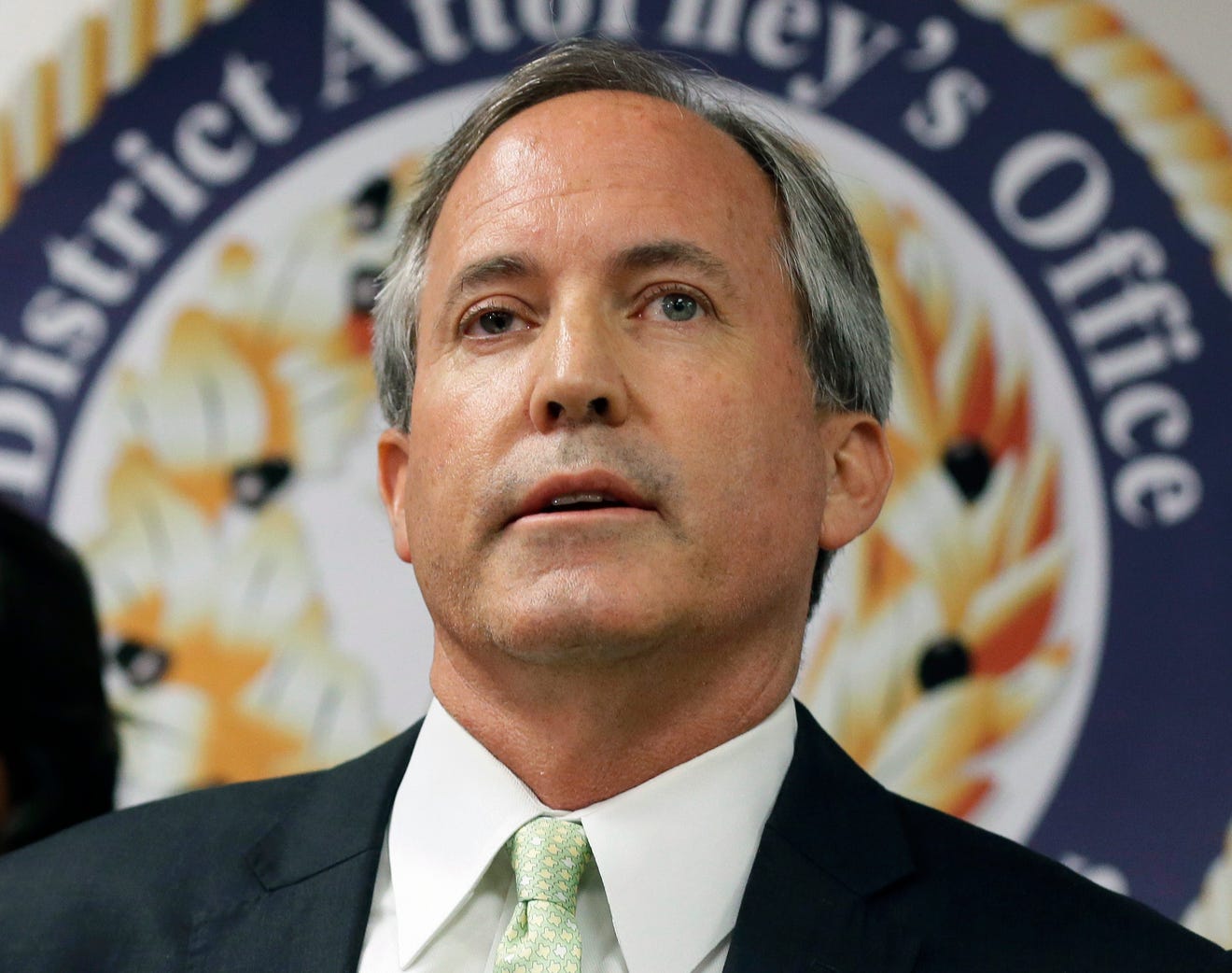El Salvador’s Bukele has everyone’s attention as he seeks reelection in spite of the constitution

Nayib Bukele is a man that everyone loves or hates.
El Salvador’s President is seen by many as a hero of the nation who has fought violent gangs in El Salvador with a resolute hand. Others see the populist as a 21st-century autocrat, who has committed massive human rights violations and altered the rules to consolidate power in his hands.
Bukele’s charisma has attracted the attention of Latin American leaders in a manner that few others have done in recent years.
In the Sunday election, Bukele is expected to win a second term as president. He calls himself “the world’s coolest leader”. Bukele, who has circumvented El Salvador’s constitution, which prohibits reelection six times, is supported by seven to nine out of 10 voters according to a recent poll.
|
Alex Cisneros, among others, plans to vote for Bukele. Many say they have no other choice after years of violence and corruption under El Salvador’s traditional party.
Cisneros (32), said, “He has done both good and bad things.” “People criticize his actions, but at least he has changed something,” said Cisneros.
Cisneros, who grew up in one the most dangerous parts of San Salvador and fled to the U.S. at the age of 20, after his cousin had been murdered by the Mara Salvatrucha Gang. He says that he is now back in El Salvador and was shocked when he saw an elderly neighbor jailed for protecting her son who is likely to be a gang member. However, he also adds that he feels freer walking the streets at night.
Bukele’s victory is almost certain, and his aggressive tactics will spread from this small Central American country to other countries with similar security problems like Ecuador, Honduras, and Dominican Republic. This is a concern for rights activists in the region.
Tyler Mattiace is the Americas researcher for Human Rights Watch. He considers Bukele to be “one of Latin America’s biggest threats for human rights and democracy.”
Mattiace stated that “Bukele has a huge following, and not just in El Salvador.” “We are seeing a growing number in Latin America of people who support this type of populism, because they think it is the only way to combat rising violence.”
Bukele was Latin America’s youngest president when he became the first one elected in 2019. He is a former publicist of Palestinian descent. He is a fan of spectacle and has drawn some of the biggest names in the world. Recently, he hosted the Miss Universe Pageant, and he invited soccer star Lionel Messi for a preseason match.
His rise to fame came in 2022, when he waged a brutal war against the gangs who had terrorized El Salvador for years.
Under the state of emergency his government has imprisoned 76,000 people – more than 1% the population – in prisons, where rights groups documented cases of torture as well as the deaths of over 150 inmates. The government has also been accused of systematic abuses against human rights.
Felix Ulloa was Bukele’s running mate for vice president in an interview given to The Associated Press Tuesday. He acknowledged that the government had “made mistakes” by detaining tens of thousands of people without any criminal conviction. He acknowledged that officials might have set up arrest quotas.
He denied that the government had suspended the rights “honorable Salvadorans”. He said the crackdown was for the good of the nation and popular.
Ulloa stated that “this is not a police-state, but a state which provides security.”
El Salvador has seen its homicide rates plummet to the lowest levels in the Americas. Just a few short years ago, the country was considered one of the world’s most dangerous countries.
Bukele, who has fulfilled his promise of bringing security to the country, which the two traditional parties have failed at, has won the admiration of millions Salvadorans, including Paola Ventura.
The 25-year old works at a shop in downtown San Salvador that is plastered all over with the face of the president, including on hats, soccer jerseys, and scarves.
Ventura reported that her boss had also painted a mural depicting Bukele on the entire wall of a nearby pupusa-style restaurant, attracting customers.
She said, “He is famous.” “Bukele is a face that sells.”
Others said to AP that they were afraid to speak about the elections because of mass detentions.
Bukele’s campaign is centered around the crackdown on gangs. He warns Salvadorans that the “war against the gangs” would be at risk if the New Ideas Party does not win the elections.
In a video, he says, “The opposition’s only and true plan is to free the gangs and use them as a tool to return to power.” His message has been widely spread on TV, radio, and social media.
Constitution lawyers, analysts, and opposition politicians claim that the long-term risks to democracy associated with a charismatic leader are less visible for voters.
Bukele and his party are gaining in popularity, so they have consolidated control over all branches of El Salvador’s Government.
Bukele, accompanied by soldiers, entered the Legislative Assembly in 2020 after lawmakers refused to approve a proposal for a security loan. He clashed repeatedly with the then opposition-controlled congress during the pandemic when he tried to impose some of the regions toughest restrictions and lawmakers refused to grant him emergency powers.
After his party won the 2021 legislative election, the newly-elected congress replaced judges with loyalists, who later ruled Bukele was allowed to run for a 2nd term, despite the constitution’s ban on reelection.
Bukele made recent electoral changes by reducing the number of municipalities. Analysts say that this will further increase his odds, especially in the upcoming congressional and local elections in March.
The president’s government harasses journalists, political rivals and critics while he has built up a sophisticated communications machine that pumps out government propaganda.
“These reforms and cumulative actions are part of a strategic plan.” Oscar Picardo is the director of investigations for El Salvador’s Universidad Francisco Gavidia.
Bukele’s running mate denied that the government had made any undemocratic steps to consolidate its power. Ulloa, Bukele’s running mate, told AP that the government has done nothing illegal.
Some leaders in the area have sought to solve their security problems by using “The Bukele Model”, after seeing Bukele’s growing popularity.
After a brutal prison killing by gangs in neighboring Honduras the government arrested gangsters with the promise to lock them up at a remote island jail.
In the Dominican Republic, a neighboring country, Haiti is experiencing a security crisis.









No Comments